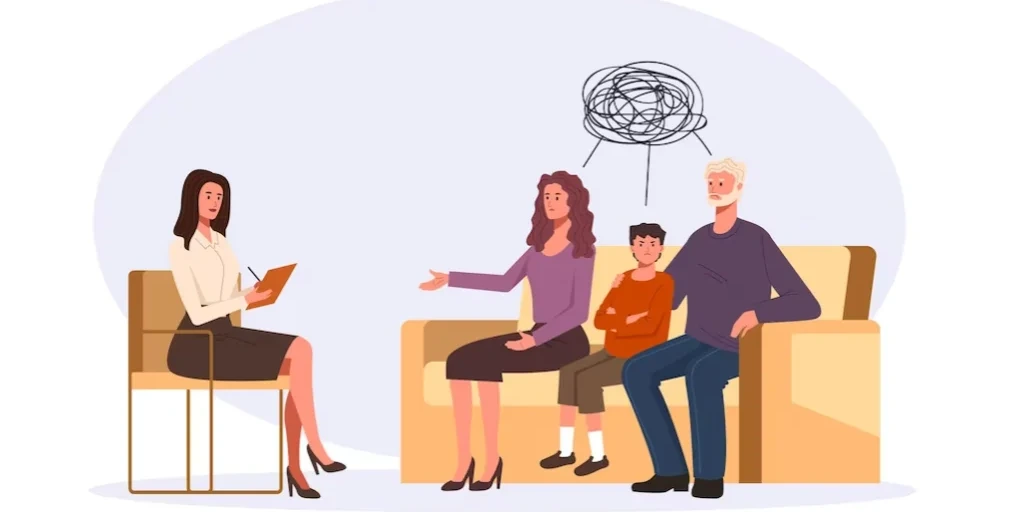24/7 Helpline:
(866) 899-221924/7 Helpline:
(866) 899-2219
Learn more about Inpatient Rehab centers in Union
Inpatient Rehab in Other Cities

Other Insurance Options

Kaiser Permanente

Absolute Total Care

BlueShield

Providence

Aetna

Premera

Meritain

Excellus

PHCS Network

Regence

CareSource

UMR

Molina Healthcare

Magellan Health

MHNNet Behavioral Health

Health Partners

Optima

BHS | Behavioral Health Systems

Carleon

Health Choice

Woodlands Behavioral Healthcare Network
Woodlands Behavioral Healthcare Network works with individuals, families, and the community to inspi...


























































































